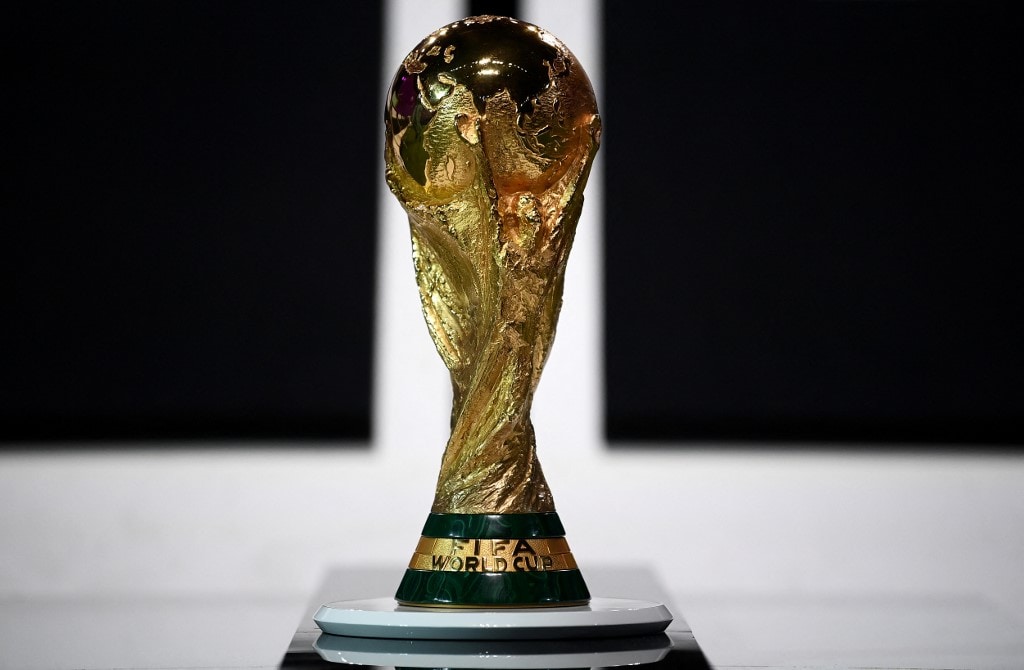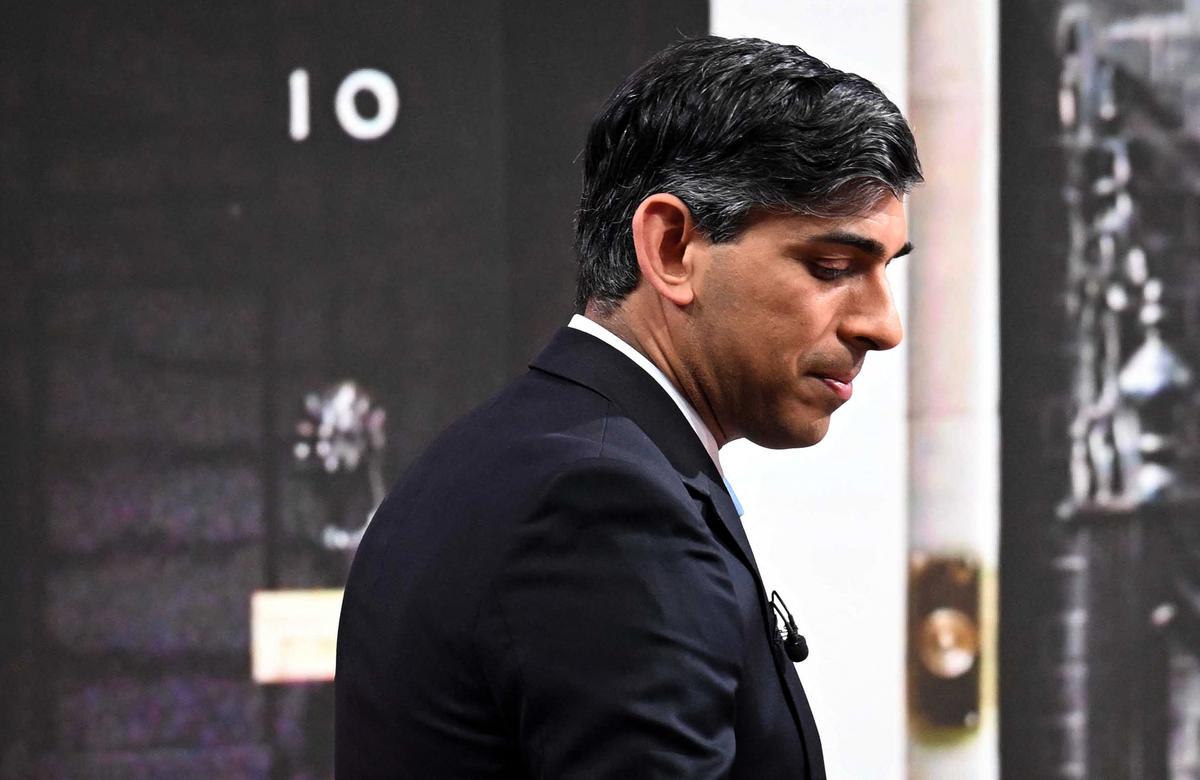An aerial view shows the BRP Sierra Madre on the contested Second Thomas Shoal, locally known as Ayungin, in the South China Sea. File
| Photo Credit: Reuters
Manila
Philippine Government personnel transported food and other supplies on July 27 to a fiercely disputed shoal occupied by a Filipino navy contingent but closely guarded by Beijing’s forces in the South China Sea and no confrontations were reported, Philippine officials said.
It was the first Philippine Government supply trip to the Second Thomas Shoal, which has been the scene of increasingly violent confrontations between Chinese and Philippine forces since the Philippines and China reached a deal a week ago to prevent clashes, the Department of Foreign Affairs in Manila said in a statement.

“The lawful and routine rotation and resupply mission within the Philippines’ Exclusive Economic Zone is a credit to the professionalism of the men and women of the Philippine Navy and the Philippine Coast Guard and the close coordination among the National Security Council, Department of National Defense and the Department of Foreign Affairs,” the Philippine Foreign Affairs Department said, without providing other details.
Chinese officials did not immediately issue any comment.
The deal was reached by the Philippines and China after a series of meetings between the two country’s diplomats in Manila and exchanges of diplomatic notes aimed to establish a mutually acceptable arrangement at the shoal — which Filipinos call Ayungin and the Chinese call Ren’ai Jiao — without conceding either side’s territorial claims, Philippine officials said.
The deal has not been made public by either side.
The Chinese coast guard and other forces have used powerful water cannons and dangerous blocking maneuvers to prevent food and other supplies from reaching Filipino navy personnel at Manila’s outpost at the shoal, on a long-grounded and rusting warship, the BRP Sierra Madre.
In the worst confrontation, Chinese forces on motorboats repeatedly rammed and then boarded two Philippine navy boats on June 17 to prevent Filipino personnel from transferring food and other supplies, including firearms, to the ship outpost in the shallows of the shoal, according to the Philippine government.
The United States and its key Asian and Western allies, including Japan and Australia, condemned the Chinese acts at the shoal and called for the rule of law and freedom of navigation to be upheld in the South China Sea, a key global trade route with rich fishing areas and undersea gas deposits.
In addition to China and the Philippines, Vietnam, Malaysia, Brunei, and Taiwan have been locked in separate but increasingly tense territorial disputes in the waterway, which is regarded as a potential flashpoint and a delicate fault line in the U.S.-China regional rivalry. The U.S. military has deployed Navy ships and fighter jets for decades in what it calls freedom of navigation and overflight patrols, which China has opposed and regarded as a threat to regional stability.
Washington has no territorial claims in the disputed waters but has repeatedly warned that it is obligated to defend the Philippines, its oldest treaty ally in Asia, if Filipino forces, ships, and aircraft come under an armed attack, including in the South China Sea.











